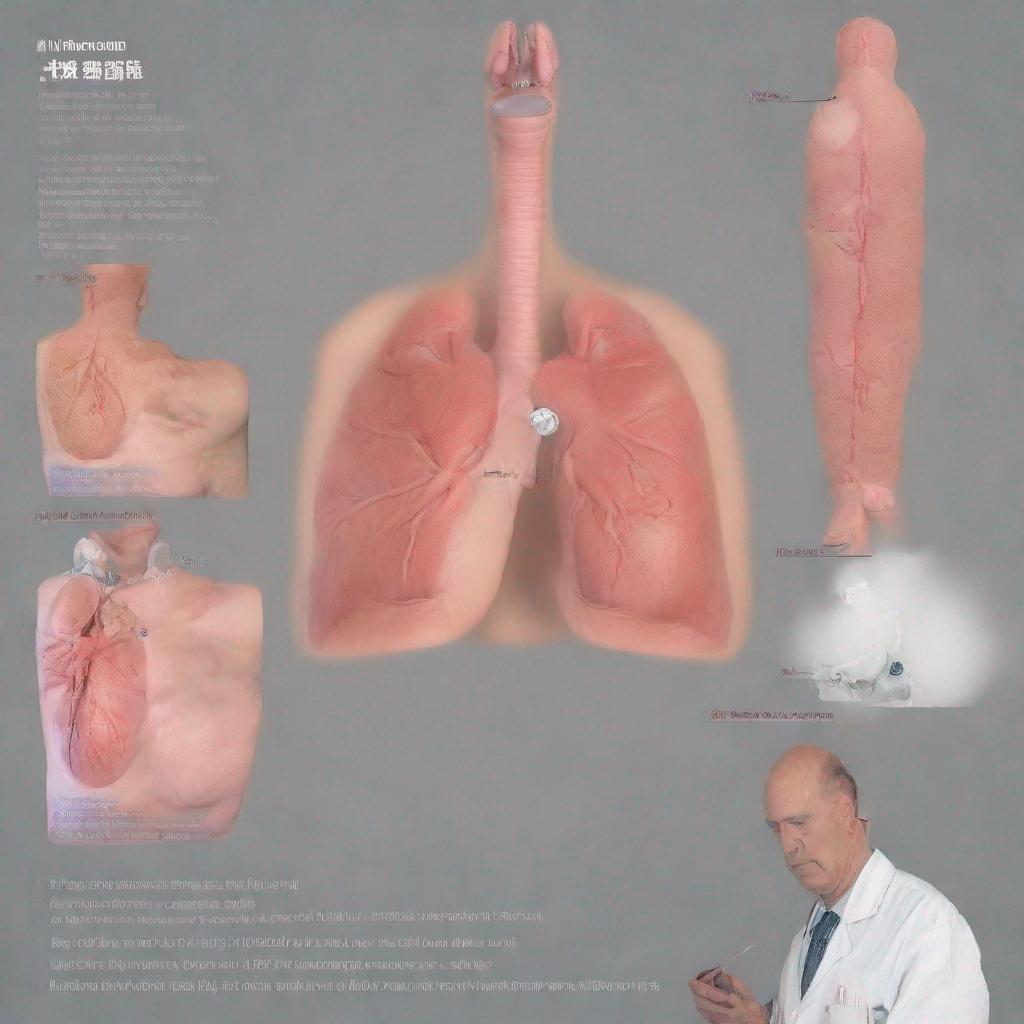## Complete Blood Count (CBC): A Comprehensive Guide for Patients
**Introduction**
The Complete Blood Count (CBC) is a laboratory test that analyzes the components of your blood to provide vital information about your overall health and well-being. It’s a routine blood test commonly ordered by healthcare providers to evaluate a wide range of conditions.
**Test Overview**
A CBC measures various aspects of your blood, including:
* Red blood cell count
* White blood cell count
* Platelet count
* Hemoglobin levels (the protein in red blood cells that carries oxygen)
* Hematocrit levels (the percentage of red blood cells in your blood)
This test provides insights into the functioning of your:
**Name Synonyms:**
* Complete Blood Count
**Conditions and Diseases Detected**
A CBC can help diagnose and monitor various conditions and diseases, including:
* Anemia: Low levels of red blood cells can indicate anemia, which causes fatigue, weakness, and pale skin.
* Leukemia: A high or abnormal count of white blood cells may suggest leukemia, a cancer of the blood or bone marrow.
* Infection: An increased white blood cell count often indicates an infection in your body.
* Inflammation: A rise in certain white blood cells can be a sign of inflammation somewhere in your body.
**Symptoms**
The symptoms associated with conditions that a CBC can detect include:
* Fatigue
* Weakness
* Pale skin
* Shortness of breath
* Easy bruising or bleeding
**Preparation Guidelines**
Most CBC tests do not require special preparation. However, if your healthcare provider orders any additional tests, they may provide specific instructions on fasting or dietary changes.
**Procedure**
The CBC test involves drawing a small sample of blood from your arm vein. The procedure is quick and usually painless, causing only a minor prick or sting.
**Duration and Waiting Time**
The blood draw itself typically takes a few minutes. The time it takes to receive your results may vary depending on the laboratory’s processing time, but they are usually available within a few days.
**Additional Tests**
Your healthcare provider may order additional tests along with a CBC for a more comprehensive health assessment. These tests could include:
* Chemistry panel
* Lipid profile
* Urinalysis
**Conclusion**
The Complete Blood Count is a valuable test that provides essential information about your blood and overall health. If you’re experiencing any of the symptoms mentioned above or have concerns about your blood health, discuss with your healthcare provider if a CBC is right for you.




